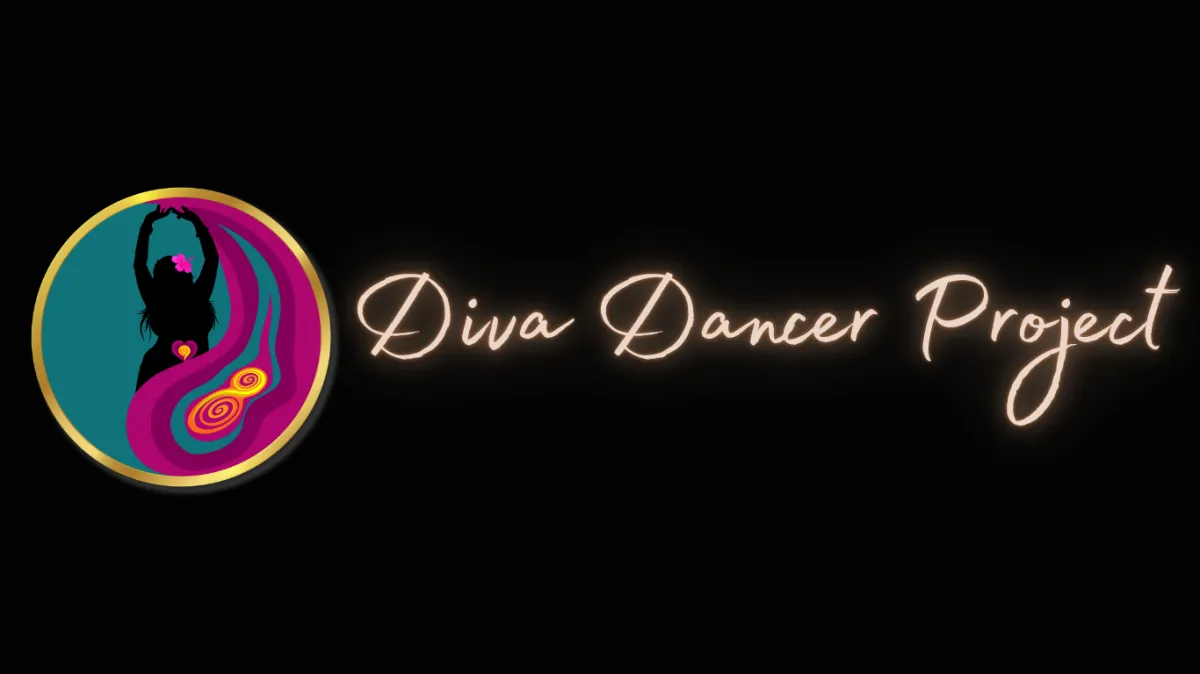Contact Us
Reserve Your Spot
Schedule an appointment to explore our ballet programs and find your dance passion.
Book Now
Frequently Asked Questions
Answers to Your Frequently Asked Questions
What is belly dancing?
Belly dancing is a traditional dance form that originates from the Middle East and features movements focused on the torso. It involves fluid and isolated motions of the hips, abdomen, and chest, often set to rhythmic, percussive music.
Is belly dancing difficult to learn?
Belly dancing can be learned by people of all skill levels. While some moves might require practice, the dance is accessible for beginners and can be adapted to fit individual capabilities. With time, technique, and patience, dancers can master more complex movements.
What are the benefits of belly dancing?
Belly dancing improves core strength, posture, and flexibility. It’s a low-impact form of exercise that can enhance coordination, body awareness, and cardiovascular health. Additionally, many find it a fun way to relieve stress and boost confidence.
Do you need a specific body type to belly dance?
No. Belly dancing is for all body types. It celebrates body positivity and encourages dancers to embrace their natural shape. It is not about a “perfect” body but about enjoying the movement and expression.
What kind of music is used for belly dancing?
Belly dancing is traditionally performed to Middle Eastern music that includes instruments like the oud, darbuka, and qanun. However, modern dancers often use a variety of music genres, from Arabic pop to fusion music with Western influences.
What type of clothing do belly dancers wear?
Belly dancers typically wear costumes that accentuate their movements, such as a fitted top and a flowing skirt or harem pants, often adorned with coins, beads, and fringe. However, for practice, comfortable workout clothes like yoga pants and a tank top are common.
Can belly dancing help with weight loss?
Yes, belly dancing can contribute to weight loss as part of a healthy lifestyle. It is a moderate-intensity cardiovascular workout that burns calories while also toning muscles, especially in the core, hips, and thighs.
Is belly dancing a cultural or religious dance?
Belly dancing is a cultural dance rather than a religious one. Its roots are in Middle Eastern and North African traditions, where it has been performed socially and at celebrations. It’s important to approach belly dancing with respect for its cultural heritage.
Do I need prior dance experience to start belly dancing?
No previous dance experience is necessary. Belly dancing is designed to be approachable, and many beginners find it to be a fun introduction to dance and movement.
Can men belly dance?
Absolutely! While belly dancing is often associated with women, men can and do perform it. In fact, male belly dancers have been part of Middle Eastern traditions for centuries.

